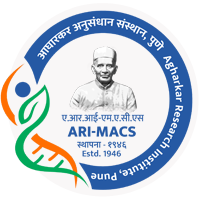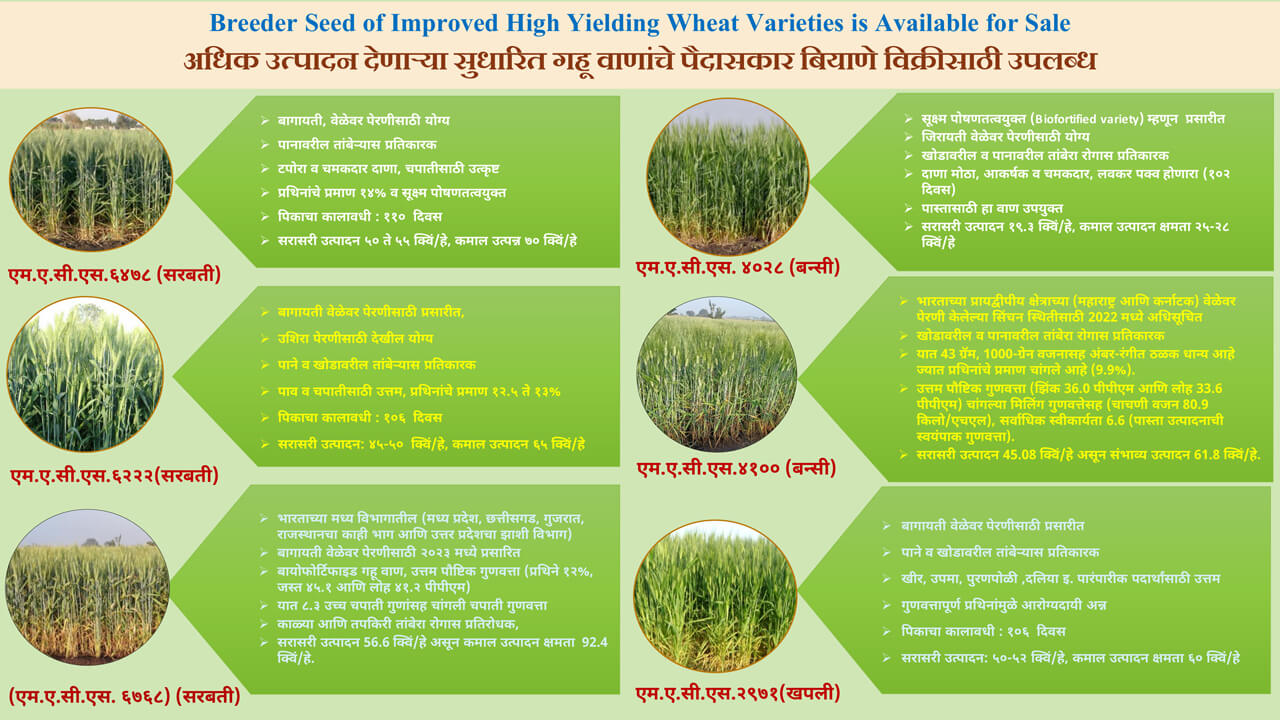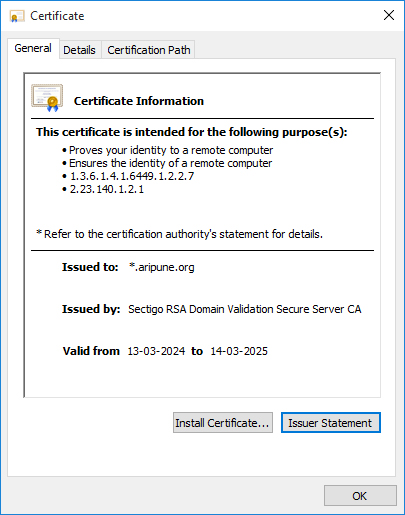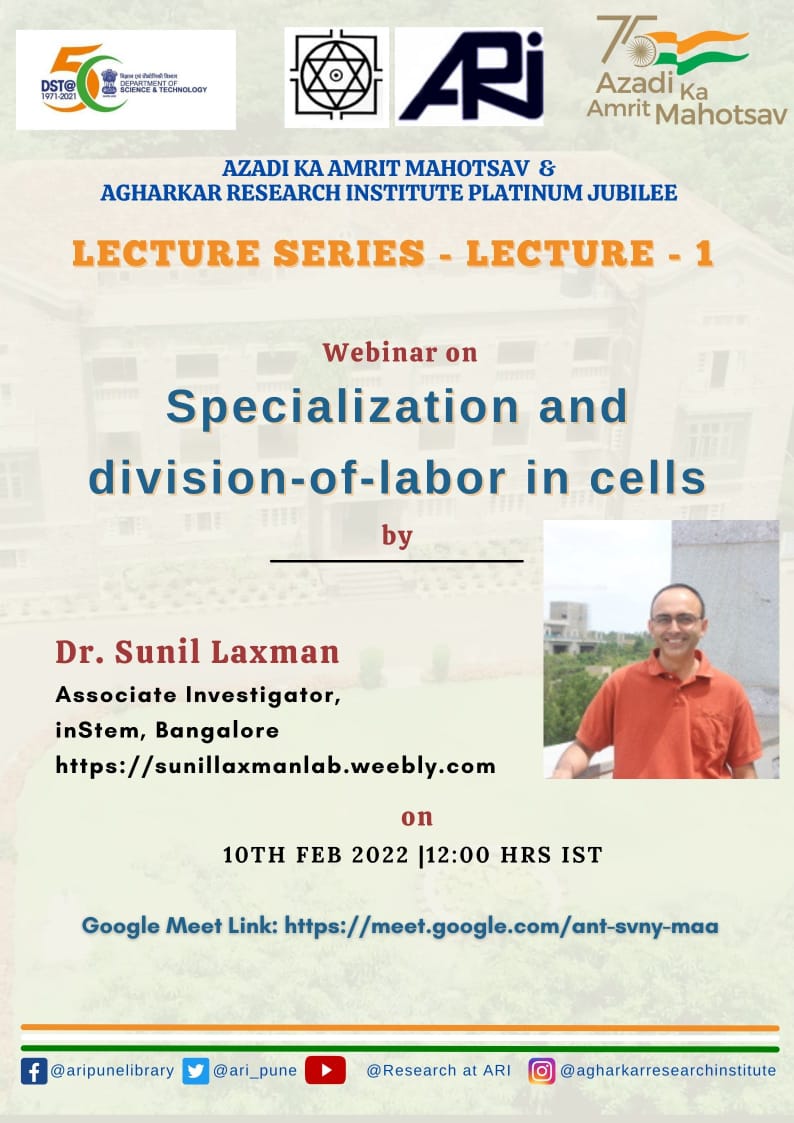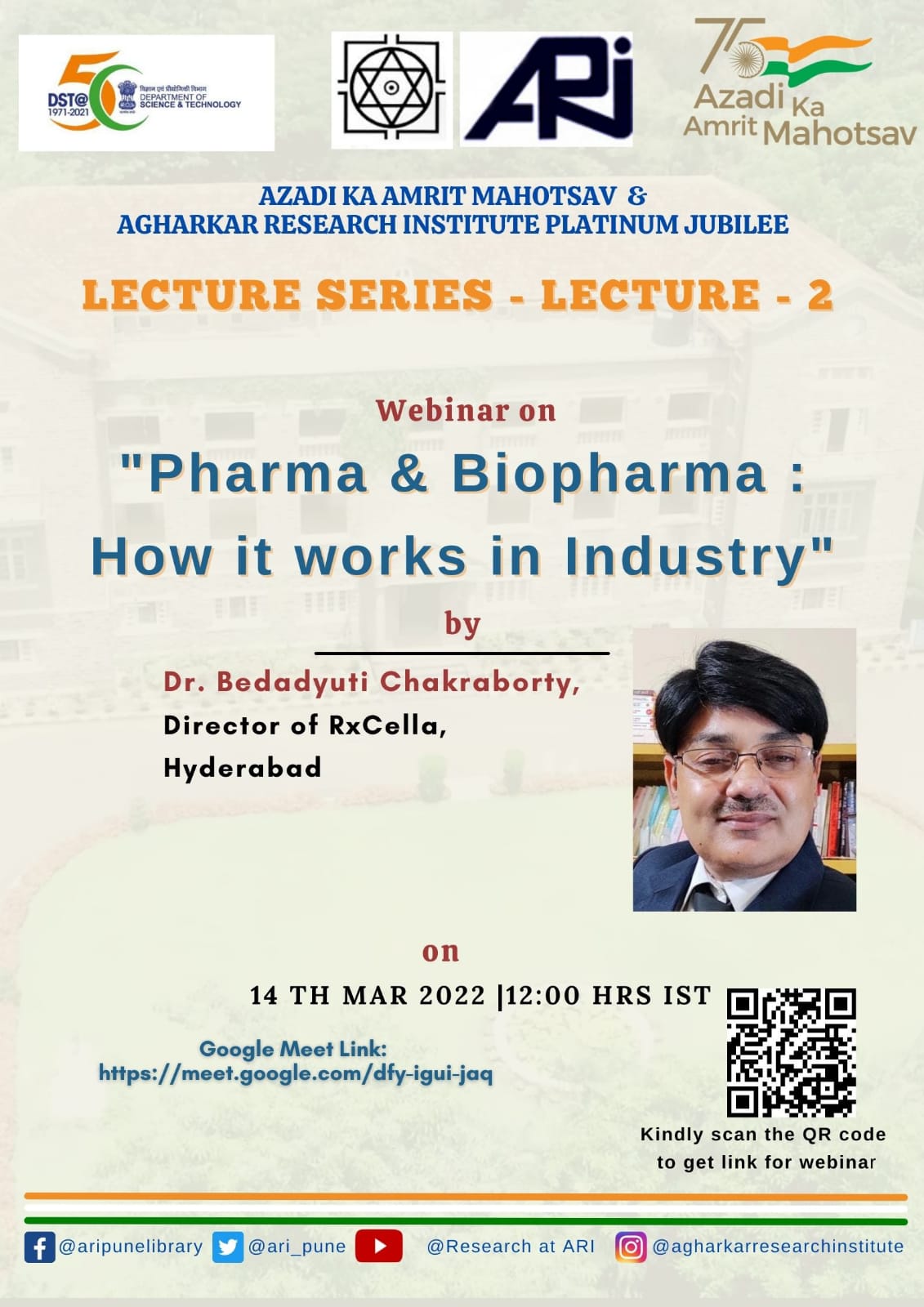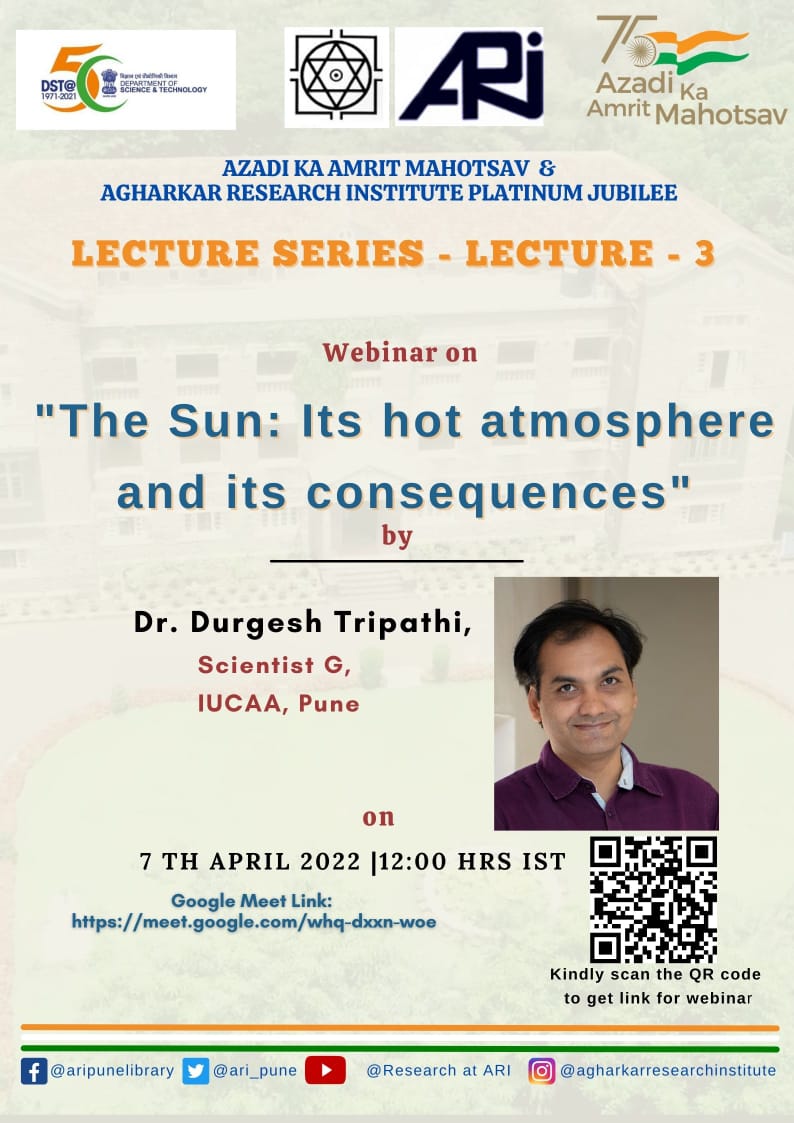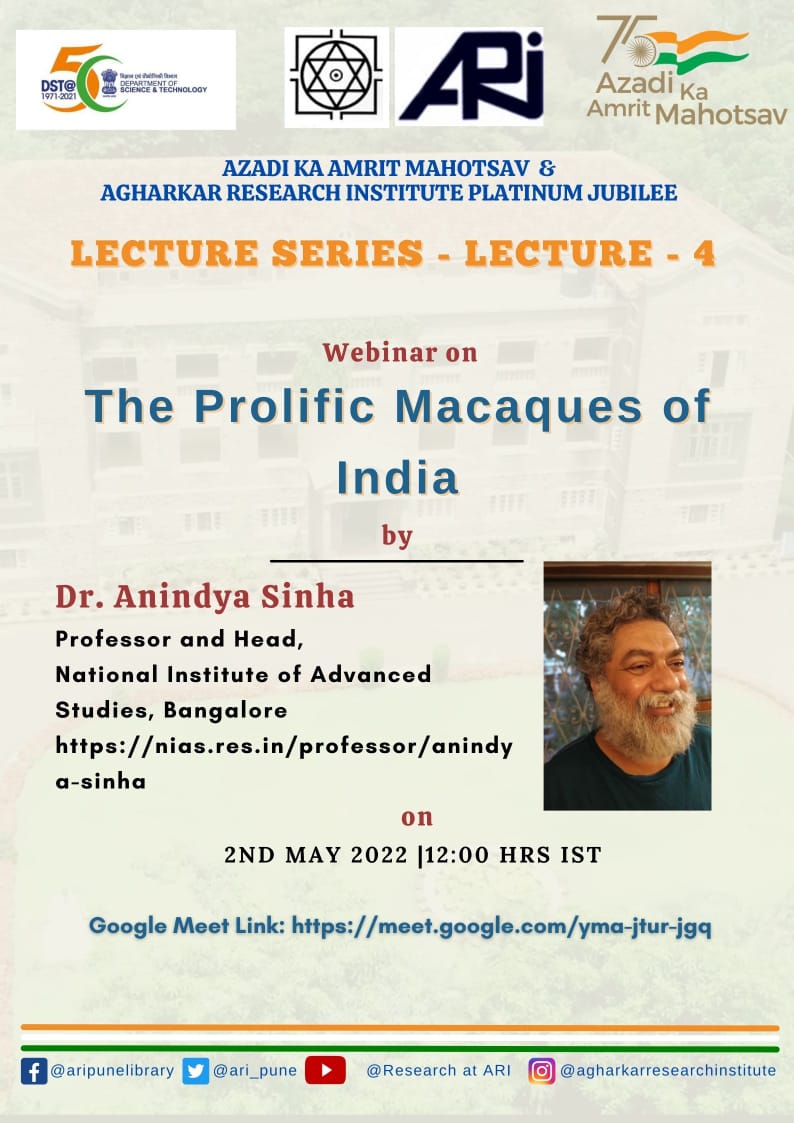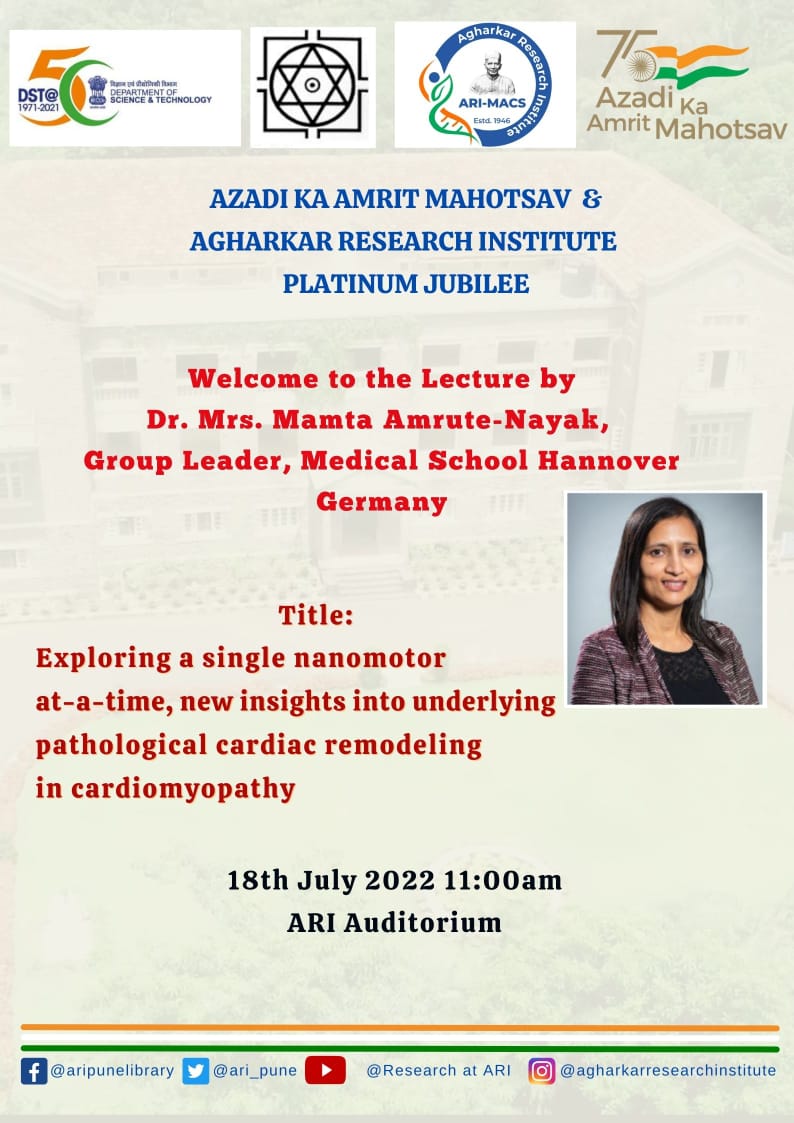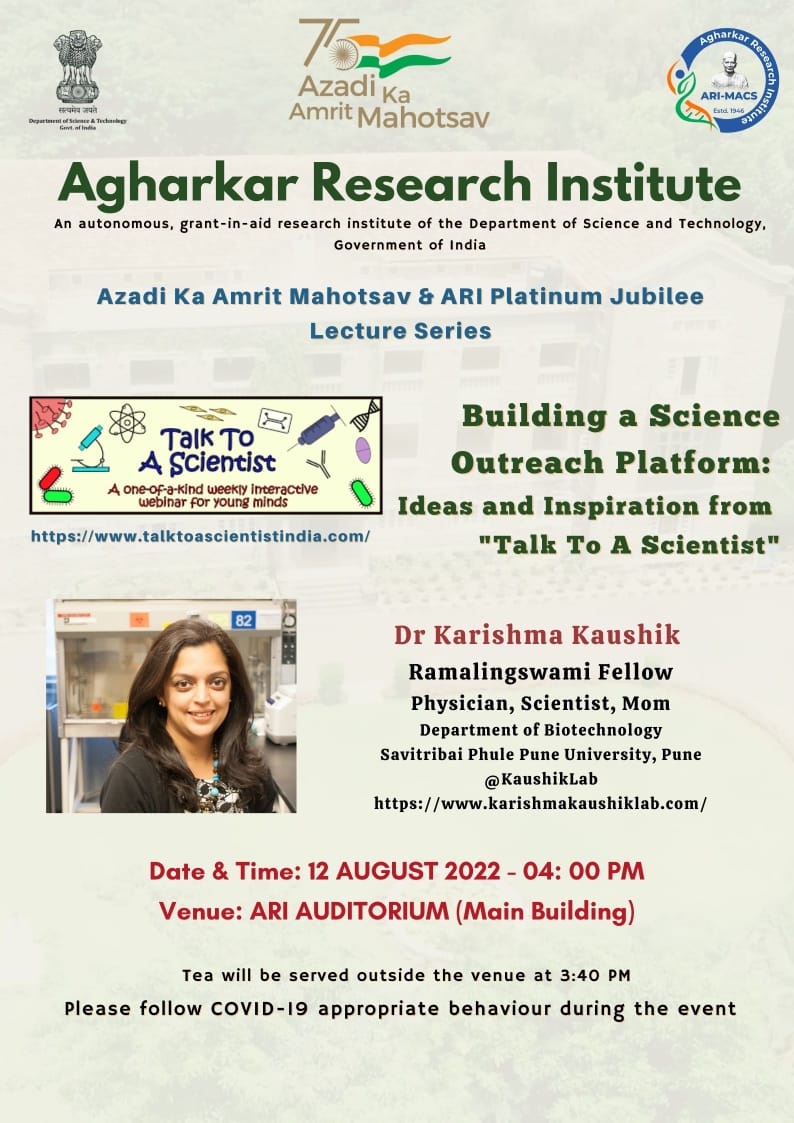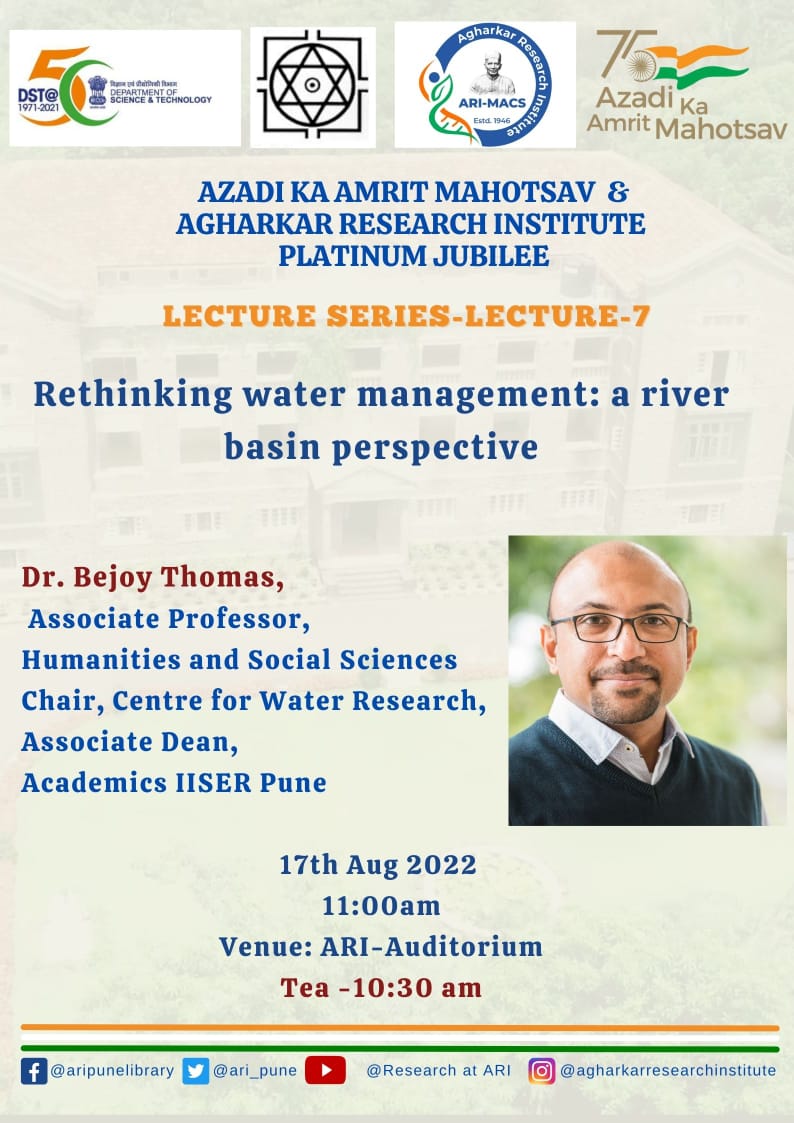Home » Botanical Crude Drug Repository
Botanical Crude Drug Repository
Crude Drug Repository
It is a collection of genuine botanical drugs collected from the wild. The repository contains plant parts like bulbs, stems, roots, flowers, fruits, seeds, gums, and resins. The crude drug repository specimens are associated with the AHMA herabarium and were enriched through projects sponsored by the Rajiv Gandhi Science and Technology Commission.
The Crude Drug Repository of Agharkar Research Institute maintains genuine or authenticated crude drug specimens from field or market samples of crude drugs. It also provides identification and authentication services for crude drugs, pharmaceuticals, researchers, students, etc. on request based on the SOP developed in 2008, and a certificate or report is issued to the party. For correct identification of the sample, macro- and micromorphological characters are carefully studied using standard taxonomic and pharmacognostic tools and techniques. If required, TLC is performed to confirm the observation by comparing the raw drugs with the standard samples available in the repository.
The enrichment of the repository is done on a regular basis through the addition of genuine field samples and authenticated market samples. In the last few years, several pharmacognostic, phytochemical, HPTLC evaluation, and preclinical studies of important crude drug samples and complexes have been completed and the results published in high-quality journals.
Presently, the repository hosts more than 1840 specimens of plant parts used as or in medicine collected from the field or market. These drugs, comprising leaves, flowers, fruits, seeds, roots, rhizomes, stem barks, whole plants, gums, and resins, have been classified on the most scientific and modern lines. A HPTLC library of 28 phytochemical reference standards has also been developed and is being used for authentication services and research.
Crude Drug Repository is a collection of genuine botanical drugs collected from the wild. The repository contains plant parts like bulbs, stems, roots, flowers, fruits, seeds, gums, and resins. The crude drug repository specimens are associated with the AHMA herabarium and were enriched through a project sponsored by the Rajiv Gandhi Science and Technology Commission.


